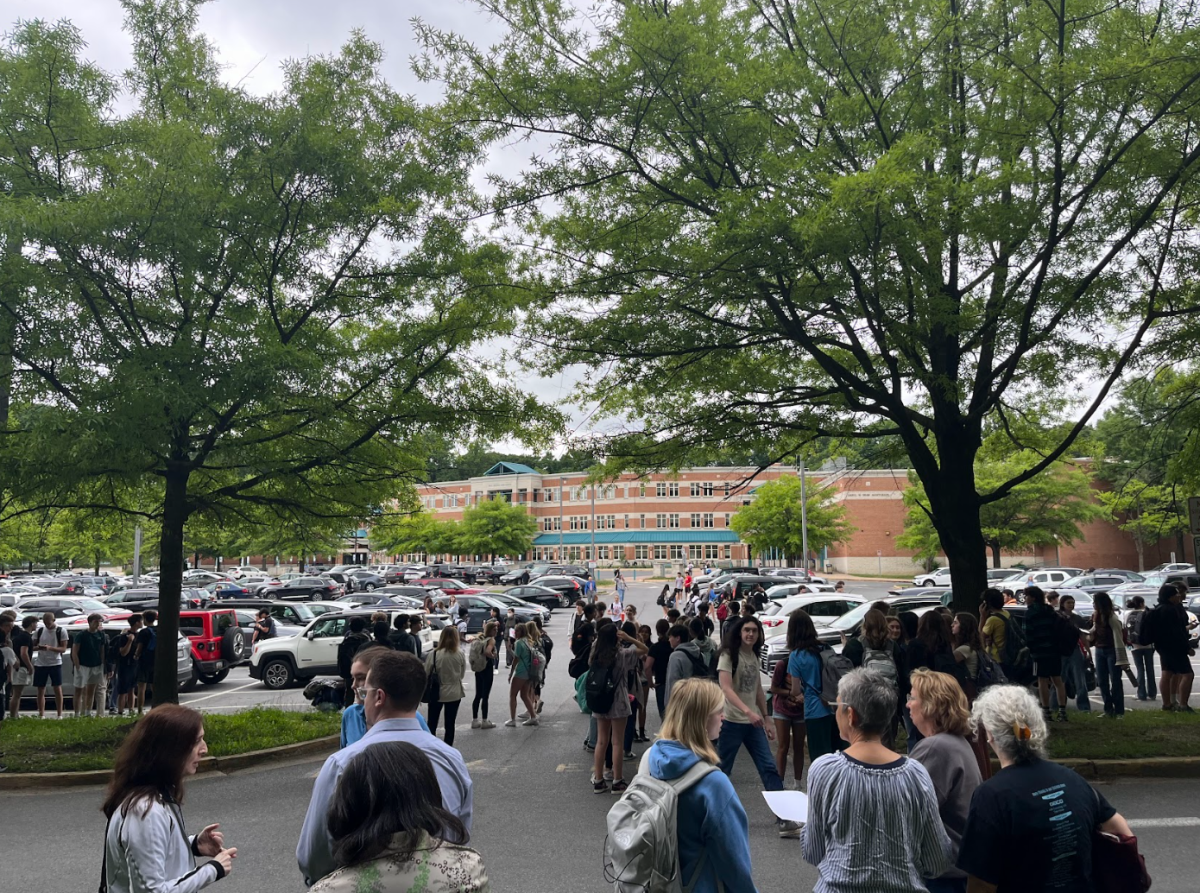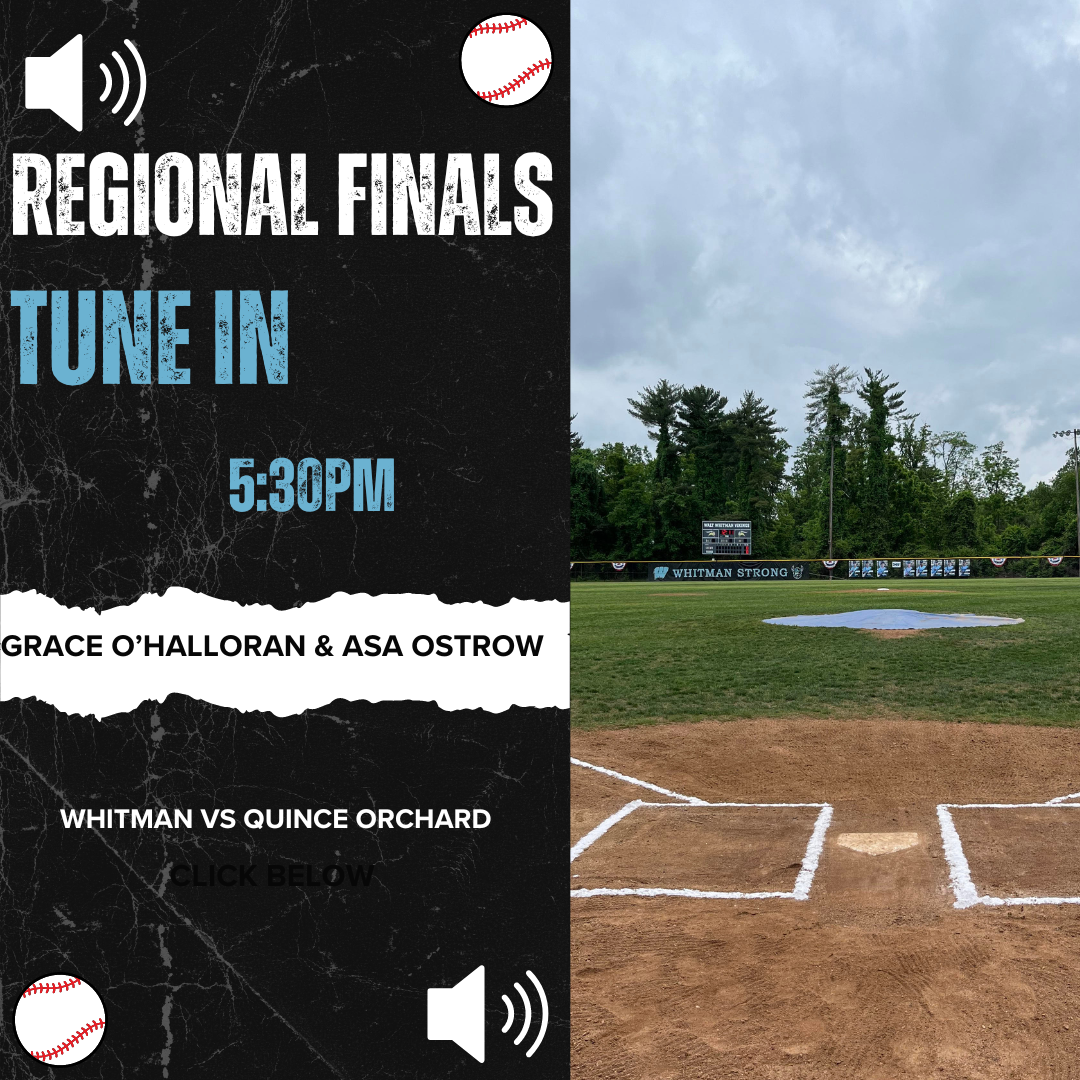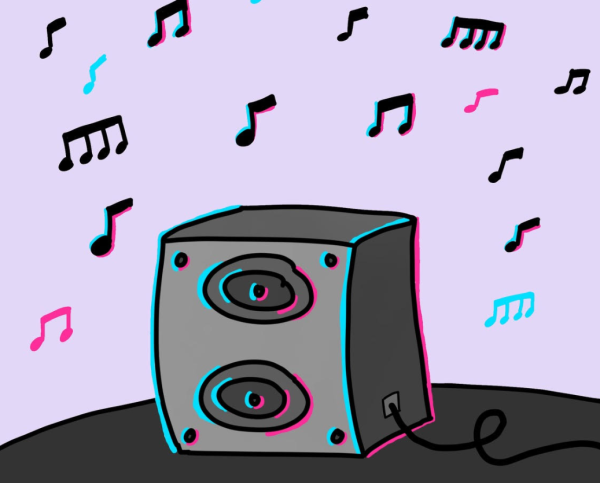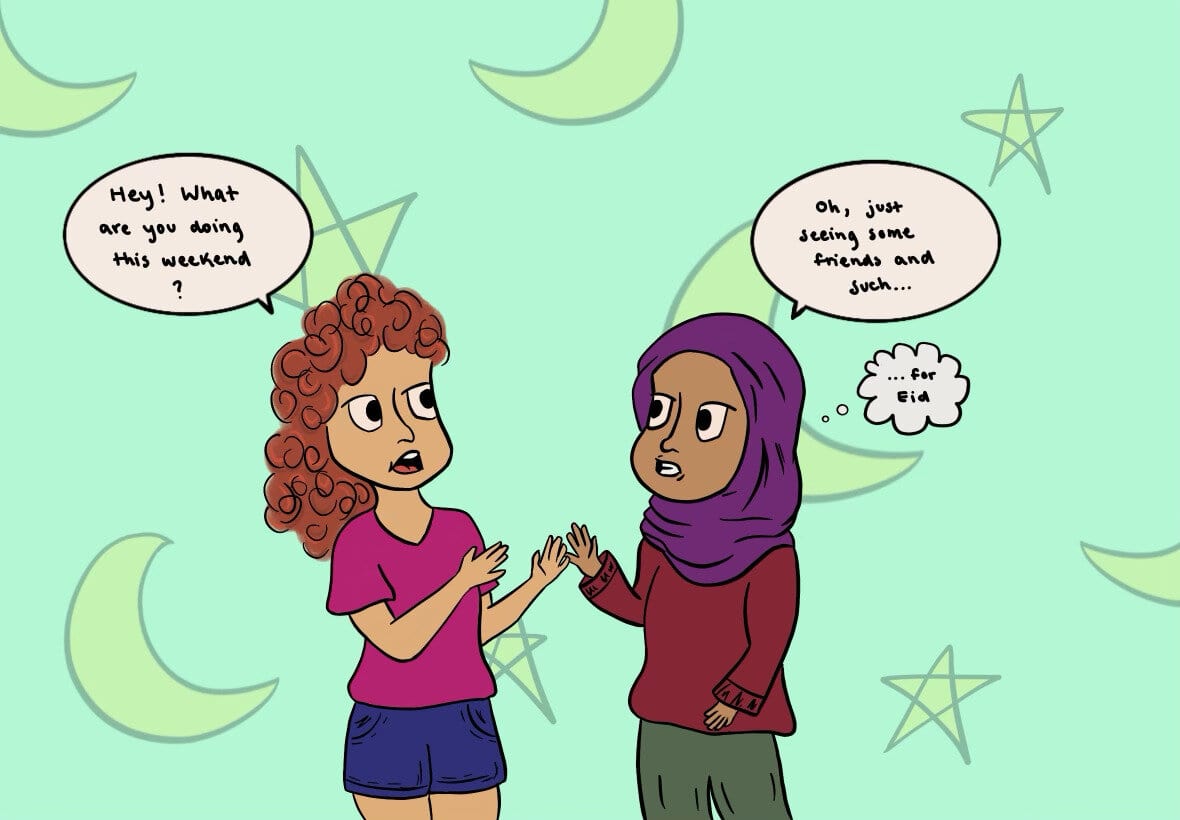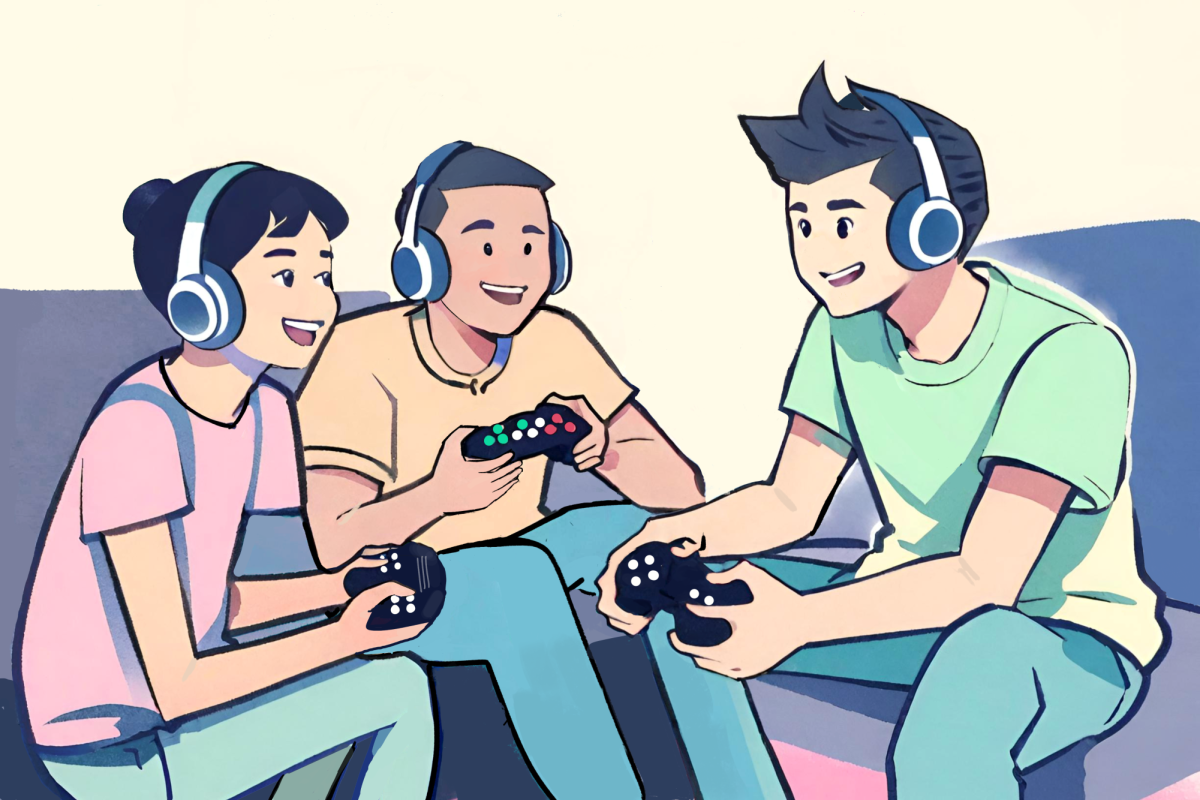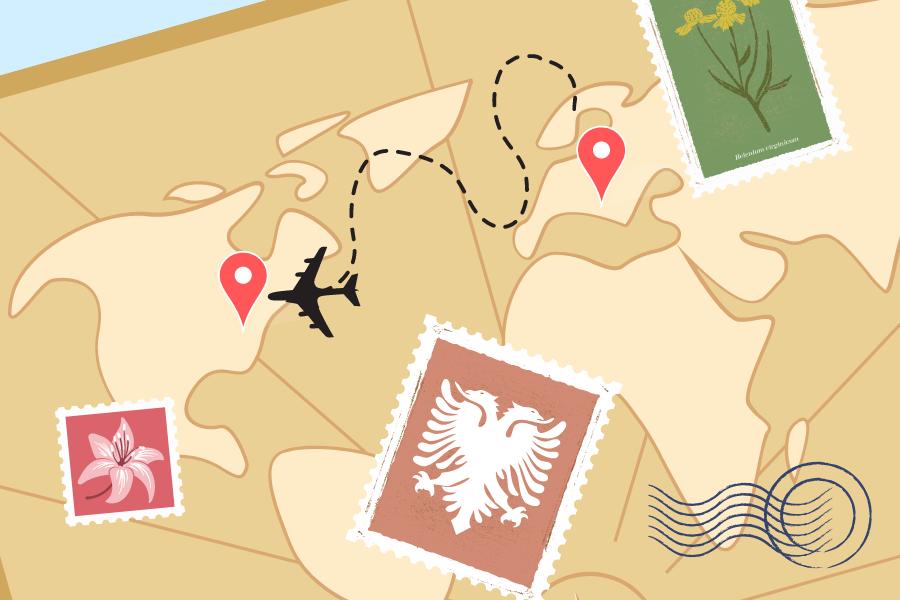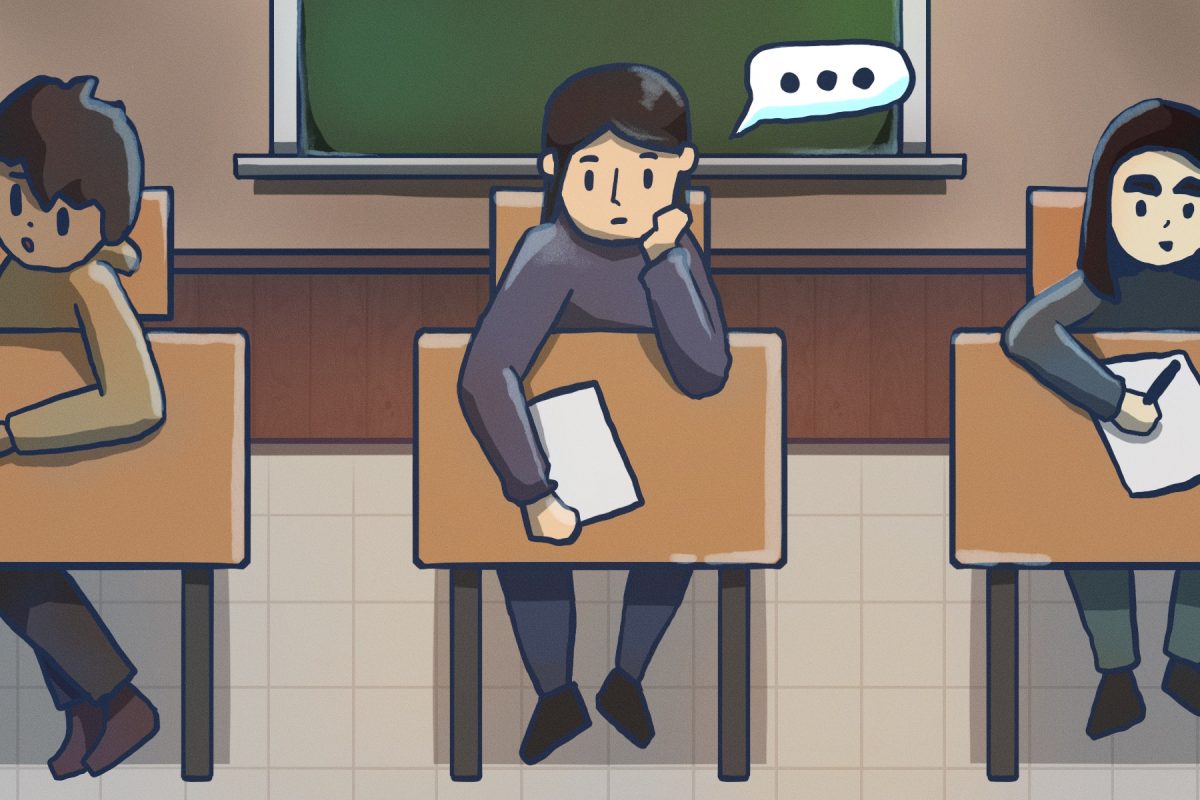This summer, I spent over a month in Cape Town, South Africa. I learned about South African history, politics and culture. I also observed that in South Africa, Nelson Mandela is a hero—revered by whites and non-whites alike for his work in uniting the country.
Nelson Mandela sat in an all-white Johannesburg courtroom, waiting to see if his future would include life or death. The year was 1964, and apartheid, a social policy that discriminated against non-whites, was fully instituted.
The country had experienced an especially turbulent last few years; violence erupted in Sharpesville when police shot at anti-apartheid protesters and the government charged Mandela and other members of the African National Congress with sabotage against the state. At his sentencing, the so-called Rivonia Trial, Mandela stood and stunned the crowd.
Equality, he said, “is an ideal for which I am prepared to die.”
The judge spared Mandela’s life, sentencing him instead to life in prison. Though the trial was over, Mandela’s quest for equality was just beginning.
After the trial, Mandela began his new life—chopping rocks at the desolate Robben Island prison. He didn’t complain, though. He turned his attention to making the most of his time.
The world outside of South Africa began to shine light on apartheid’s atrocities. And finally, after 27 years in prison, Mandela was released and entered a new South Africa in 1990.
Nelson Mandela found himself in a country on the brink of civil war. But he saw the harm this violence was creating, and addressed his embattled peers.
“Take your guns, your knives, and your pangas, and throw them into the sea,” he told them at a 1990 rally in Durban.
In 1994, Mandela was elected the first president of the new Republic of South Africa.
“Never, never and never again shall it be that this beautiful land will again experience the oppression of one by another,” he said in his inauguration speech.
Mandela held all the cards in terms of South Africa’s future. He had the ability to set precedents that would forever change his country’s course. While Mandela had the opportunity to punish the whites who imprisoned him, he chose a path of peace.
“As I walked out the door toward the gate that would lead to my freedom, I knew if I didn’t leave my bitterness and hatred behind, I’d still be in prison,” he said.
A great leader died this week, and so did a great healer. Mandela guided his country through the desert of injustice into a fresh spring of democracy. When his fellow countrymen begged him to go back into the desert for revenge, he sought instead to find new life in the spring. After years of prison, Mandela looked at his prison guards and was able to say, “I forgive you.”
Mandela validated his words with action; he knew how to talk the talk and walk the walk. Ask any politician today: it’s easy to promise something but hard to pull through. Perhaps that’s what made Mandela such an incredible human—his efforts in creating a democratic South Africa spoke even louder than his language of commitment.
Nearly 50 years after his trial, we can view Mandela’s mission for political equality in South Africa as a success, though the country still struggles with significant economic disparity. Equality—as it proved to be—is a simple concept that’s extremely difficult to actually achieve.
Today, South Africa is a young democratic country, still learning the responsibilities that come with equality. South Africa is learning slowly but surely how to overcome the disparities created by apartheid. And Mandela was the greatest teacher South Africa could possibly have had.
But Mandela spoke one message more loudly than the rest. An image of a smiling Nelson Mandela is embedded in people’s minds all around the world. Success is generated in part by positive attitudes. When the future of Mandela and his country looked daunting, he smiled in appreciation for life.
And we surely appreciate Mandela’s life. For in his mind, his main goal was not to eliminate an injustice, rather, it was to expand the realm of fairness.





